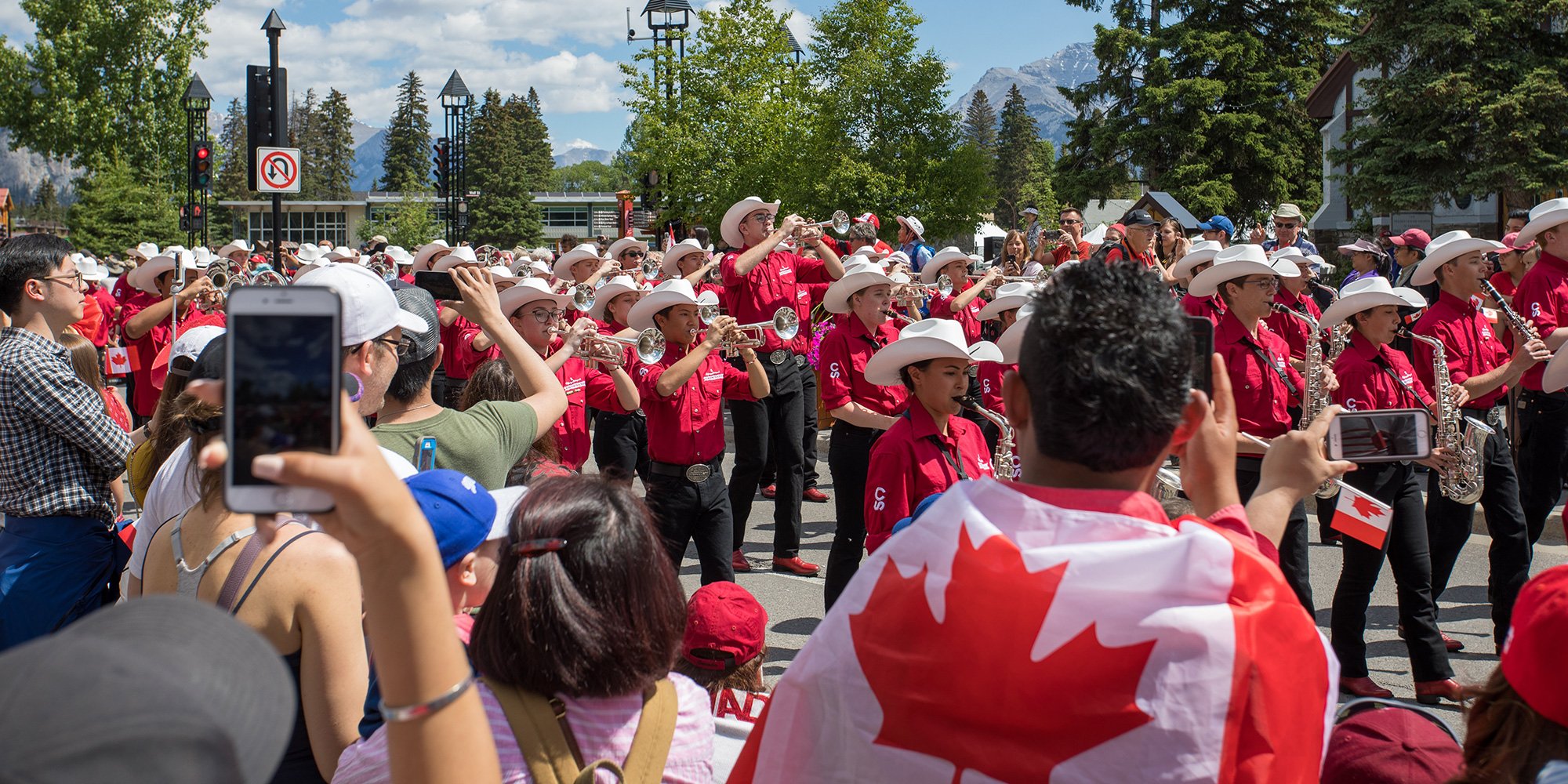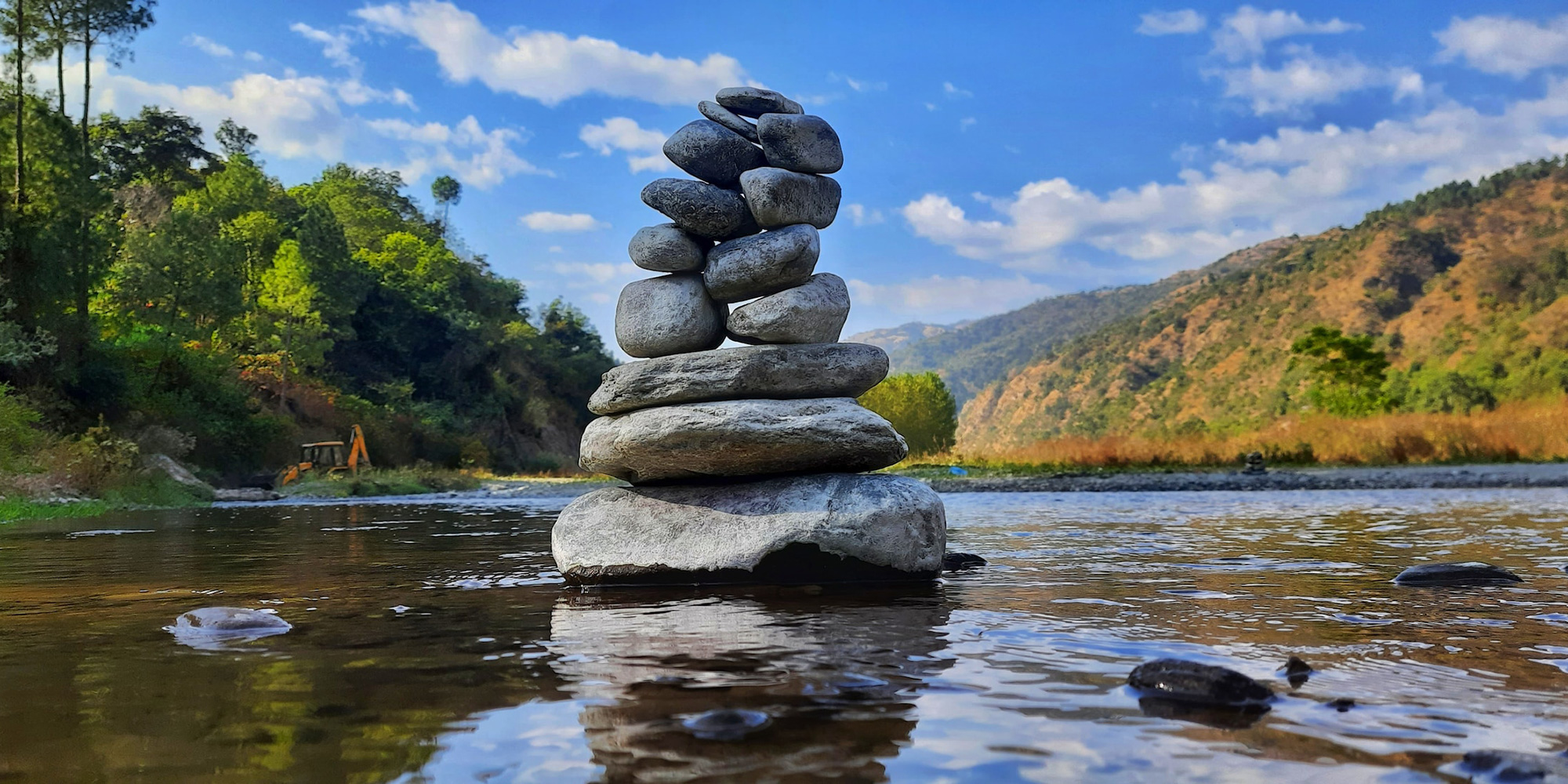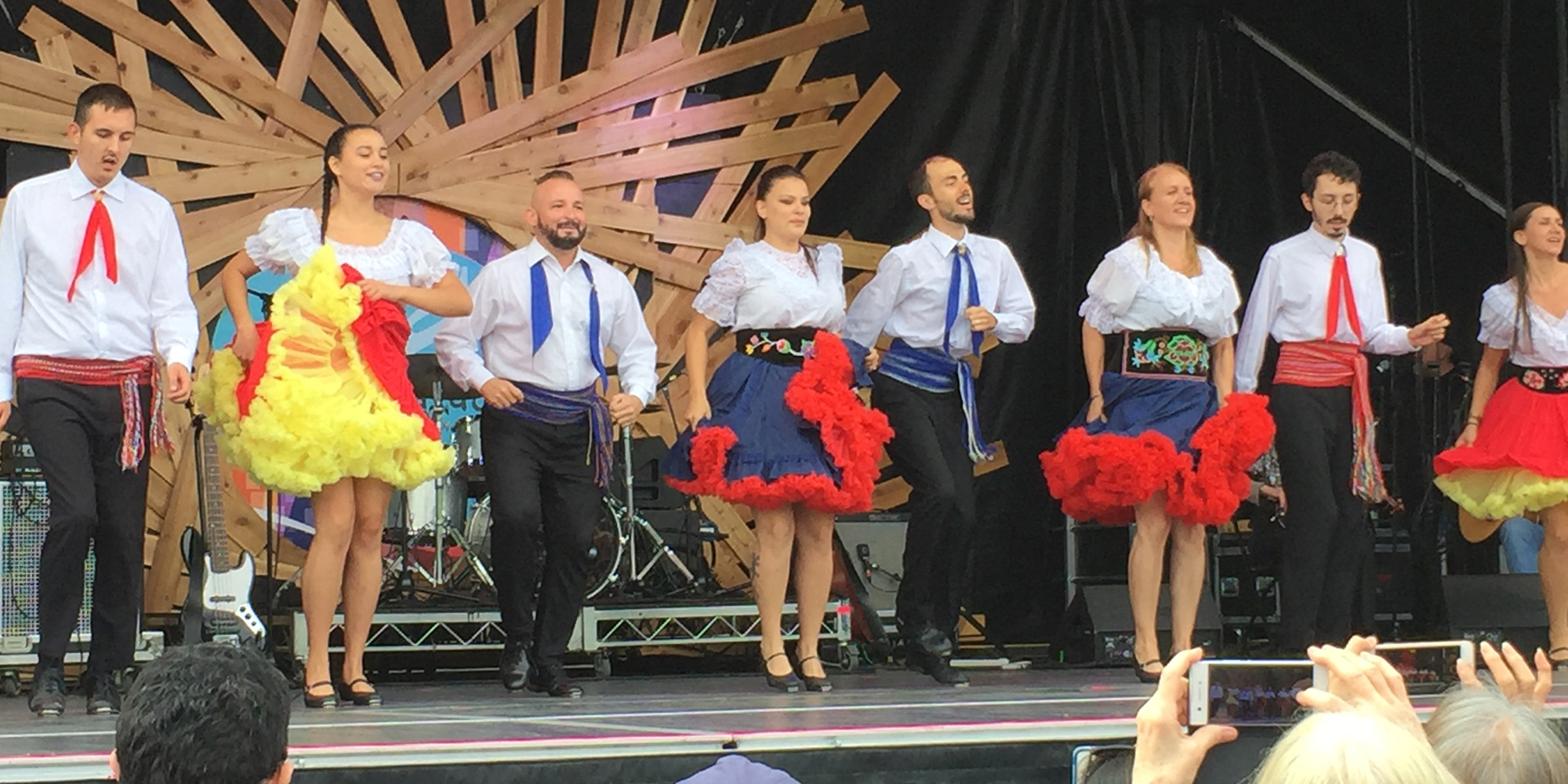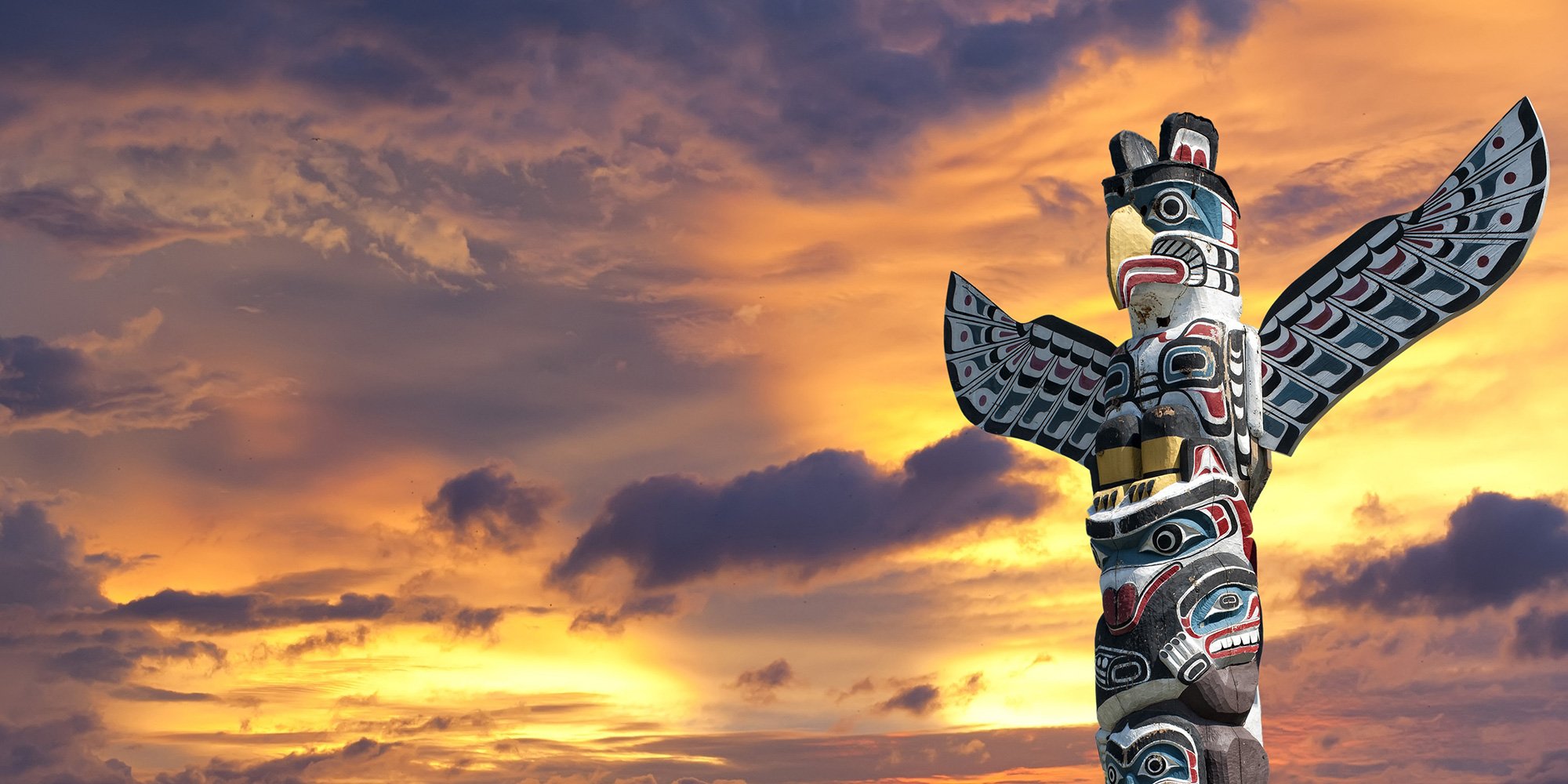Smudging to Indigenous Protocol - Our Top 10 Articles in 2017
In 2017, we had just over 816,000 visitors to our blog Working Effectively with Indigenous Peoples® looking for information on a wide variety of...

June is National Aboriginal History Month, and this year, the day after National Aboriginal History Month ends activities for Canada 150 begin. Massive celebrations are planned across the country, as was the case for the centenary. This article will point out some issues that some Indigenous People might have with Canada 150. We also would like to acknowledge that many Indigenous Peoples, such as Indigenous actor Adam Beach, who is an ambassador for the celebrations, are supportive of Canada 150.
There have been a number of articles in mainstream media and discussions on social media regarding some of the issues Indigenous Peoples have with the Canada 150 celebration. The concern is that there is a collective lack of knowledge on the part of non-Indigenous Canadians as to the impact of those 150 years on Indigenous Peoples.
From a professional perspective, I am well aware of this knowledge gap. One of the exercises I have participants do in my training sessions is to think of a day in history specific to Indigenous Peoples and provide a sentence to describe it. When they've done that I ask them to line up chronologically and then create a timeline by writing down the dates they have. I ask for this timeline so that I have an idea of their knowledge and gaps in their knowledge so that I can tailor the content to address those gaps. As shown in the sample below there is a pretty big gap of knowledge between 1876 and the mid-1990s. Why is that?
And that’s why it’s hard to get behind celebrating 150 years of confederation - it was during those years that the Indian Act policies of assimilation and residential schools, branded as cultural genocide, were developed and enacted.
Here are some other items that don’t often end up on the timeline of knowledge about the lives of Indigenous Peoples in Canada. The Indian Act:
There are ways to celebrate the 150th anniversary but care and concern should go into not blindly lionizing the founding fathers, many of whom were also the architects of the Indian Act and the post-confederation Indian policies. Here is some thinking to which we refer:
John A. Macdonald on the reasoning behind residential schools:
When the school is on the reserve, the child lives with its parents, who are savages, and though he may learn to read and write, his habits and training mode of thought are Indian. He is simply a savage who can read and write. It has been strongly impressed upon myself, as head of the Department, that Indian children should be withdrawn as much as possible from the parental influence, and the only way to do that would be to put them in central training industrial schools where they will acquire the habits and modes of thought of white men.
1879
And here he is on extinguishing Indian titles in order to open up Saskatchewan and Manitoba for settler occupation:
Sir, We are looking anxiously for your report as to Indian titles both within Manitoba and without; and as to the best means of extinguishing [terminating] the Indian titles in the valley of Saskatchewan. Would you kindly give us your views on that point, officially and unofficially? We should take immediate steps to extinguish the Indian titles somewhere in the Fertile Belt in the valley of Saskatchewan, and open it for settlement. There will otherwise be an influx of squatters who will seize upon the most eligible positions and greatly disturb the symmetry [organization] of future surveys.
1870 (a letter)
I like the approach the City of Vancouver is taking with its “Canada150+” celebrations. Their planning committee gets “the bigger picture” that Indigenous Peoples lived and thrived in this land long before 1867. As Ginger Gosnell-Myers, Vancouver’s Aboriginal relations manager, says “It would not be right for a municipality that calls itself a “city of reconciliation” to mark just 150 years, or to call it a celebration. ...There is a real difference between celebrating Canada’s birthday and commemorating it.” [1] Note the + sign after 150, it’s there to denote that Indigenous people have been here a lot longer than 150 years.
So, when celebrating the 150th anniversary, do so with a modicum of awareness and understanding as to why some Indigenous Peoples may have concerns about the celebration, and keep in mind a reconciliation perspective that could contribute to what we have committed to as a country - Indigenous Peoples reconciliation.
[1] City of Vancouver looks to mark indigenous history in its Canada 150 plans
Featured photo: Unsplash

In 2017, we had just over 816,000 visitors to our blog Working Effectively with Indigenous Peoples® looking for information on a wide variety of...

In National Indigenous Peoples Day: 10 Ways to Celebrate we have suggestions for celebrating this important day. Most of the suggestions involve...

Every June 21st, thousands of Indigenous Peoples celebrate National Indigenous Peoples Day (NIPD). This is a special day to acknowledge the unique...